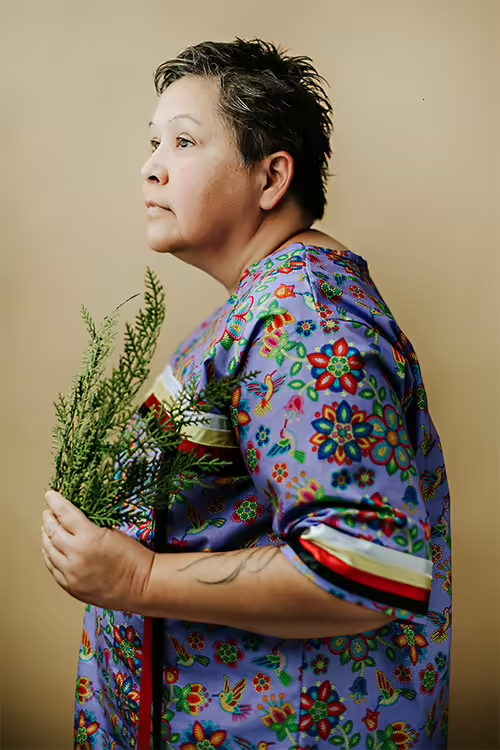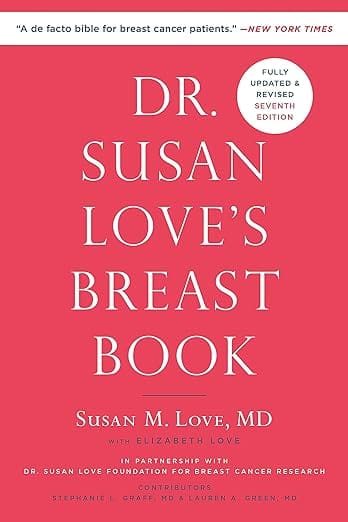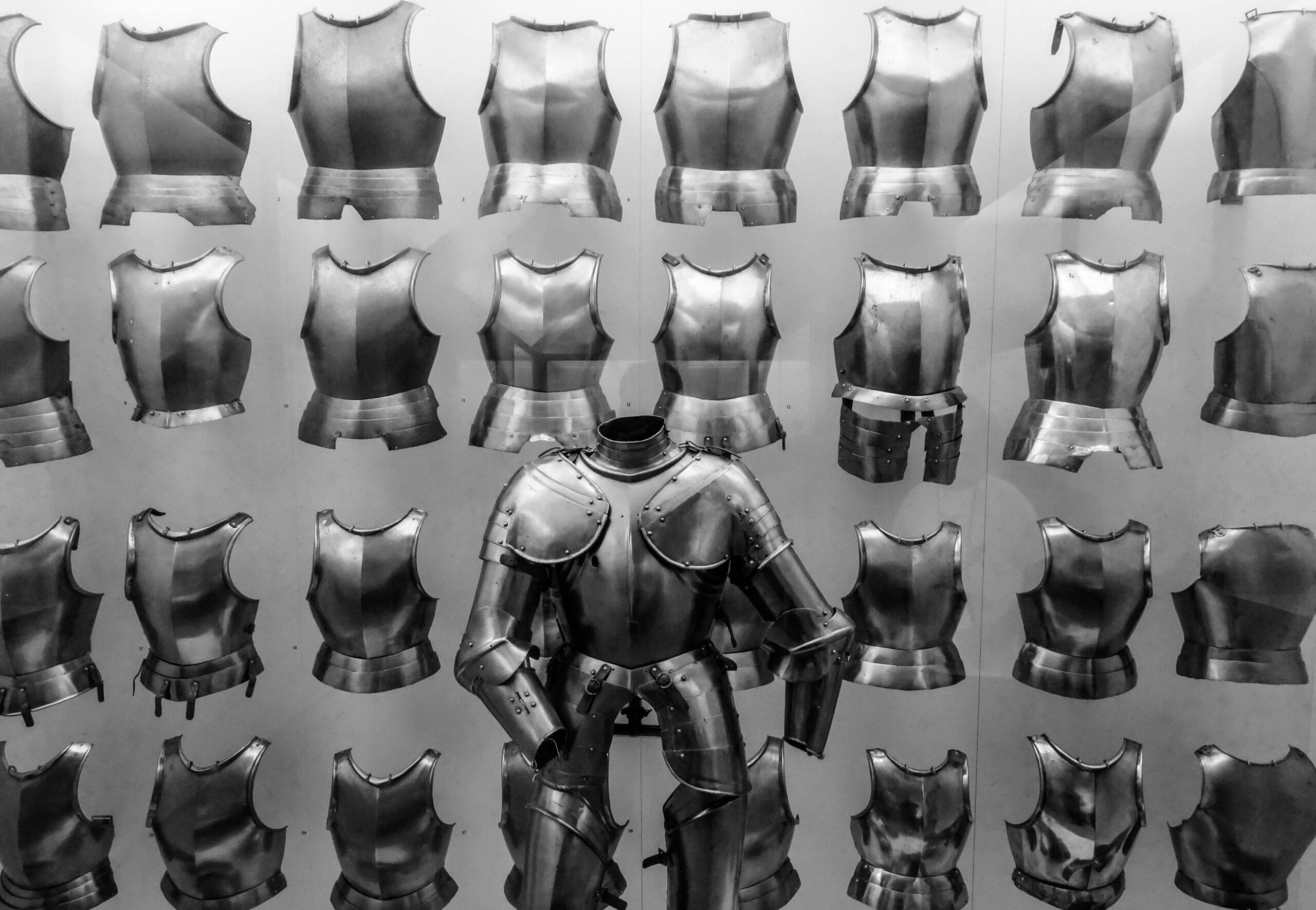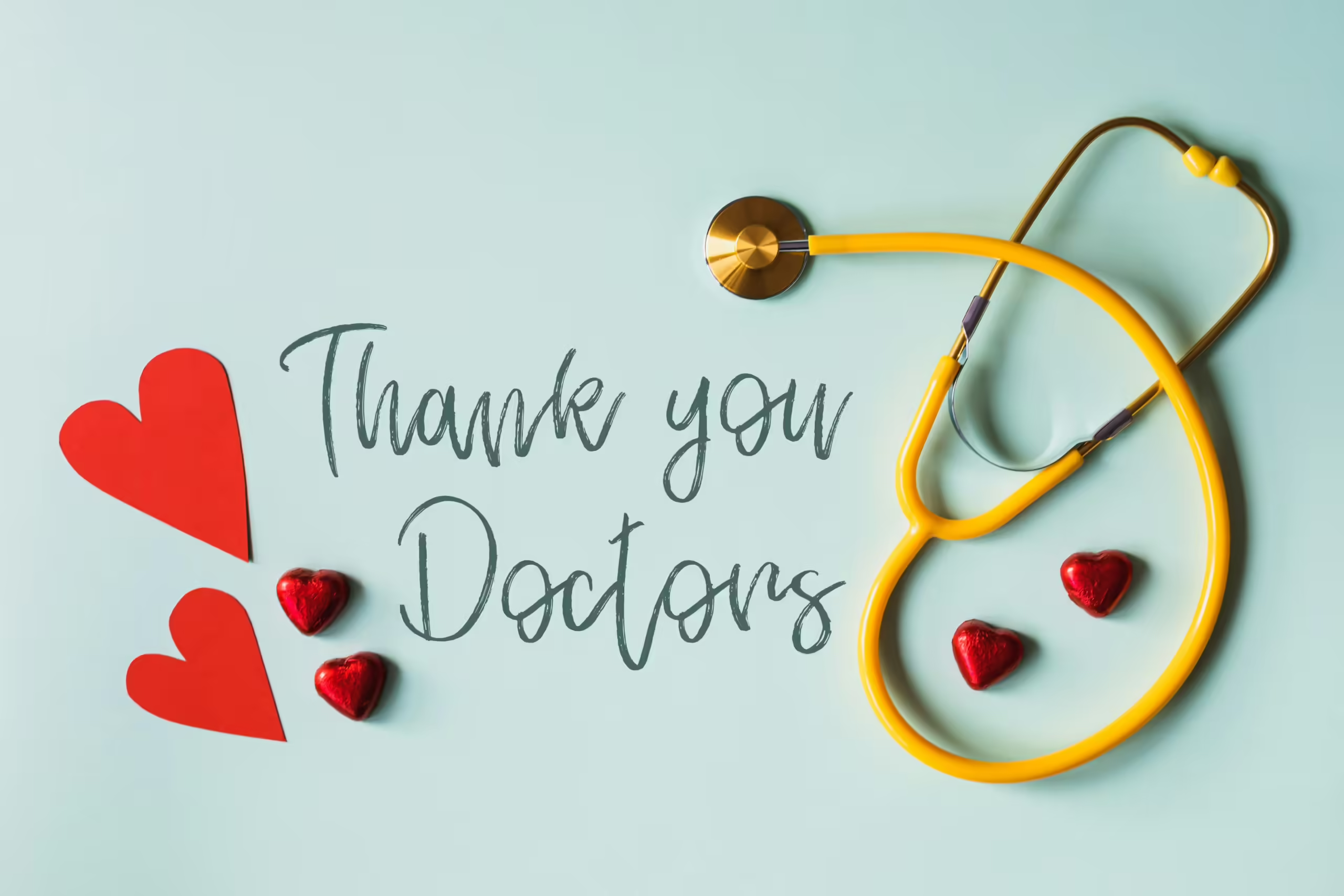It’s a lot to process when you are first diagnosed and you’ll soon find yourself sitting in front of your breast cancer surgeon and having to make decisions that will have a lifetime impact on your body. Making sure you’re informed and feel comfortable with your surgical and treatment plan is important. I remember all the questions swirling in my head during this time.
Here are a few questions that I’ve found were important to ask:
- Can you explain the type and stage of my breast cancer?
- Are additional test or imaging required
- What are my surgical and reconstructive options
- How many surgeries are involved with reconstruction
- What does this mean for my treatment options?
- What does recovery time look like?
- How soon can I return to normal activity?
- What are the next steps after surgery?
- What impact will this have on my life, both physically and emotionally?
- Could you provide some clarity on the potential for recurrence?
I also found Dr. Susan Love’s Breast Book to be a great resource. I liked being prepared and informed during conversations with my breast cancer surgeon, oncologist, and other specialists. Reading this book felt like arming myself with knowledge and gave me the ability to ask pointed questions from a place of informed knowledge. Here’s a link to her book.
For the appointment itself, understand you are experiencing trauma and may not be thinking or hearing clearly. Bring your partner or friend to the appointment as your “wing person.” Have them take notes for you. And ask your breast cancer surgeon if you can record the meeting on your phone. Most surgeons do not have issue with that.
Seeking out other survivors can also be a valuable source of advice and support. I learned so much from women who’d already walked this path. Always remember, your journey is unique and although there are similarities with others, your personal experience and treatment needs to be personalized for you.
Lastly, remember to listen to your gut feelings. When I was deciding on my surgical options and treatment path, it was crucial for me to trust my instincts. Listening to my inner voice led me to make better, and more informed decisions about my body and health. I have no regrets.




